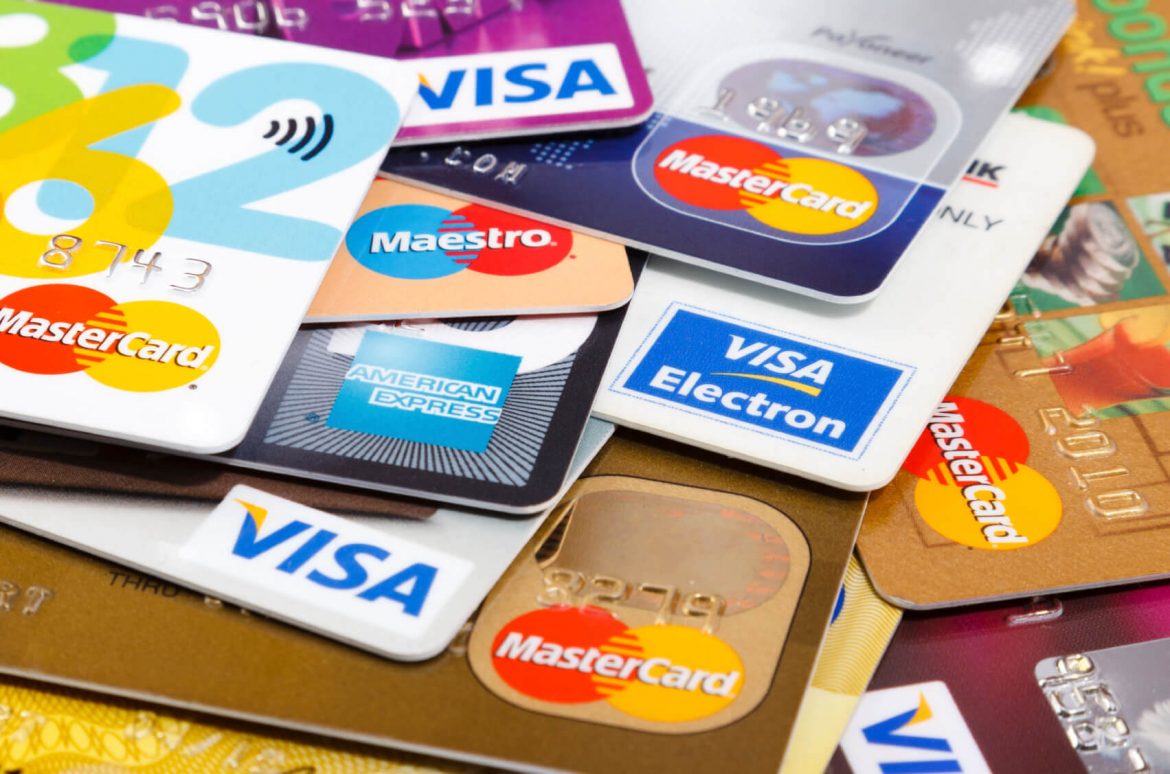World News – Not quite a decade after the worst economic crisis since the Great Depression, Americans are hooked on debt again, and economic experts worry that these ballooning bills could pop in our faces.
“The trouble is, when you carry a lot of credit card debt during good times, it means you’re less able to put money away to protect yourself in bad times,” said Matt Schulz, senior industry analyst at CreditCards.com.
No matter who’s counting, the trend of rising debt — and credit card debt, in particular — is the same. What the Federal Reserve terms “revolving credit” — a category that consists primarily of credit card debt — hit an all-time high of $1.02 trillion in November after breaking the pre-recession record set in April 2008.
The New York Fed found that total household debt, which also includes mortgages, student and car loans, hit just under $13 trillion in the third quarter of last year after rising by $116 billion in the third quarter of 2017. The Fed noted that this figure is $280 billion higher than the previous record set in the third quarter of 2008.
According to WalletHub.com, the average indebted household today carries roughly $8,600 in outstanding credit card debt. “The last time we came close was before the recession — Q4 of 2007 — and we deemed that level unsustainable at $8400,” said Jill Gonzalez, an analyst for WalletHub. “It’s not good news to start off 2018.”
For many people, their debts are growing so much they don’t ever see a way out. A new survey from CreditCards.com found that 38 percent of respondents said they didn’t know when they would be debt-free, and a sobering 30 percent said don’t think they’ll ever get out of debt. The figures were similar — 33 percent and 35 percent, respectively — when respondents were asked specifically about credit card debt.
Experts are becoming worried that, as before the Great Recession, a growing number of Americans are using their credit cards to paper over gaps in their finances — and are finding it harder to keep up.
“Essentially, our credit cards are our social safety net,” said Deborah Thorne, an associate professor of sociology at the University of Idaho. “I think one of the biggest factors why people continue to accrue debt is salaries are virtually what they were in the late 70s, and nothing else has held that stable.”
“We’ve been keeping our eye on this since last spring, when our data showed consumers were increasing the balances they were carrying form month to month,” said Bruce McClary, spokesman for the National Foundation for Credit Counseling.
McClary says his organization’s data shows that nearly 20 percent carry balances of $2,500 that they roll over every month. “What’s more unsettling is delinquency rates are starting to tick back up, and we have seen increases in the past year in the number of people who are seeking debt management plans and financial counseling sessions.”
While delinquency rates are still lower than the historical average, experts say they’re starting to see some fraying around the edges.
“I think you’re going to see an uptick in bankruptcy filings. The expectation is it’s going to start trending up,” Thorne predicted.
According to WalletHub, $25.3 billion in bad credit card debt was charged off in 2015, a number that rose to $28.3 billion in 2016. For just the last three quarters of last year, $24.7 billion was charged off, making it likely that 2017 will surpass the previous year’s total, as well.
Data from a report from the Consumer Financial Protection Bureau published in December also lends credence to this concern. Over the past two years, average credit card debt has increased 9 percent across the board, but it has grown by 26 percent for people with “deep subprime” scores below 580 in that same time frame. The agency also found that the number of people getting secured credit cards — cards that require a cash deposit because the cardholder’s score is so low — is also on the rise.
“I’m pessimistic,” Thorne said. “We talk with so many people who have played the games correctly and still lose.”
by MARTHA C. WHITE, NBCNews.com

